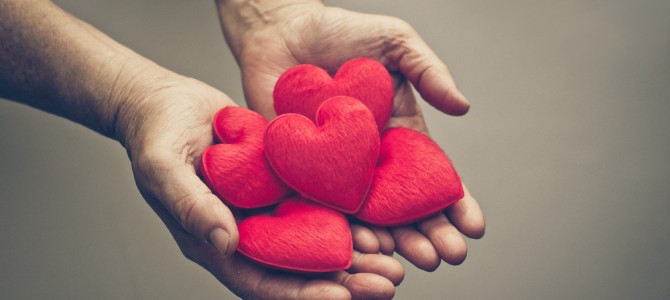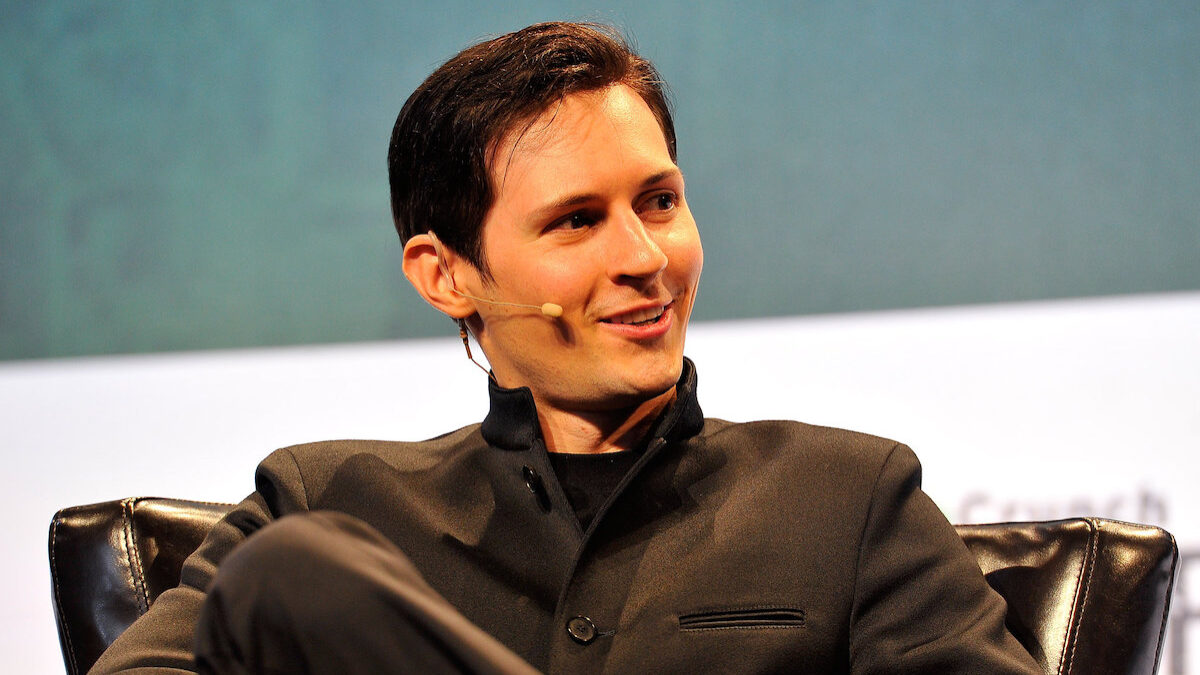
Our society has ridden out, like doughty knights of old, on a grand quest to promote empathy. It is a noble goal. The ability to empathize (to imagine being in another person’s shoes) helps us to see each other’s humanity. It feeds the desire to treat others as we ourselves would want to be treated. Educators and researchers pursue the teaching of empathy as a way to combat bullying and bring peace to classroom life. The internet is full of articles, like this one from the Washington Post, that ask parents whether they are raising kids who empathize with others. President Obama even believes that the way to evaluate Supreme Court justices is to examine their empathy.
Yet even though we pursue the holy grail of empathy, we may not be as good at cultivating it as we think we are. A paradoxical lack of empathy flourishes both in the sphere of pop culture and in the more serious world of politics and cultural morality. Right alongside online posts about teaching kids to be nice, we see gleeful articles filled with photos of some unfortunate celebrity whose skirt flew up in the wind.
Our Erroneous Understanding of Empathy
It is common to say that modern society, or at least the twitchy online manifestation of modern society, is addicted to outrage. Interestingly, in our quest to blast others, the good intentions of the perpetrators do not spark our empathy. As a minor example, a father wrote an opinion piece last year about how a homeland security officer “ruined” his family’s “perfect moment” during a photography session on the Cape May ferry by asking the man’s teenage daughters if they were okay.
When the white father explained that the Asian girls are his children, not young women whom he was exploiting, the agent “quickly apologized and turned away.” The father decided that he had witnessed a display of racism. Why else would someone think that his adopted daughters might be victims? It did not matter that the agent very likely acted from good intentions or that, had the girls genuinely been victims, the father would no doubt have been grateful to any stranger who checked on their well-being. What mattered was that the agent’s concern happened to be unnecessary and therefore a mistake. For all of our talk of empathy, our society is comfortable with sparing little sympathy for those who happen to be wrong.
Far less do we show mercy toward those who have revealed their inner flaws through a less altruistic display of bad judgement. Empathy does not stop tens of thousands of Twitter users from attacking a random individual for a single stupid joke, so long as the victim has typed over the line that divides acceptable jokes from unacceptable, and therefore right from wrong.
The prevailing avoidance of genuine empathy is illuminated by the political methods of those who presumably support President Obama’s call for more empathetic judges. The push for liberal social reform seems to rest on two contradictory pillars: one, an appeal to the public’s empathy (“Look, I’m a nice person just like you and I am suffering because of bigotry”); and two, a complete lack of empathy for those who stand in the way of these reforms (“Look, these people are wrong, and therefore deserve to be financially and socially destroyed”).
If advocates of gay equality truly longed for an empathetic world, for instance, they would surely seek to balance their own needs against the desire of others to live according to conscience. They would do so because empathy teaches an individual to understand how it would feel to be someone with different beliefs and values, not because gay activists agree with anyone who sees sex outside of heterosexual marriage as a misuse of God’s creation. Empathetic social reformers would continue to lobby for their own beliefs, but they would also criticize those of their number who hunt down and attack individuals for private beliefs, or who say things like: “Will anti-gay Christians be politically and socially ostracized? I sure hope so.”
How Politicos Profit From Pity
Instead, the prevailing liberal voice seems dedicated not truly to cultivating empathy for all fellow citizens, but instead to calling for empathy while attempting to reform the world into the shape they consider most correct. What matters to these reformers is not how others feel or how they suffer. What matters is whether people are right or wrong in their beliefs and actions. Those who are wrong do not deserve to be spared. It is this attitude that reveals the liberal reinterpretation of empathy. In truth, the feeling that such reformers attempt to cultivate is not really empathy so much as empathy’s sister, pity.
Searching the web for the term, “I have no pity for…” reveals a long list of people towards whom some segment of the internet is unsympathetic. The list includes the rich, the poor, women who stay in abusive relationships, people who refuse to get a job, and people who are fat. Essentially, individuals who — in the eyes of some — deserve their pain. To pity another implies that the pitier has judged the situation according to his own moral values and identified a victim. While we can feel empathy for someone whose suffering is the product of his own poor choices (most of us have the humility to imagine or even remember situations when we too messed up our own lives), we tend to pity only people whom we consider innocent victims.
It would sound hopelessly old-fashioned and condescending if public figures asked the public to cultivate feelings of pity for the unfortunate. As a society, however, we seem better at cultivating pity than empathy. Much of our current educational curriculum is designed to evoke and teach pity. In history and literature classes, students are drilled on the innocent sufferings of minorities, women, and other oppressed categories.
But a constant focus only on the pitifulness of someone else’s plight does not help us to see his full humanity or to truly empathize with him. It teaches that, despite all our talk of postmodern tolerance, the world is divided between those who are oppressed and those who are wrong. Furthermore, the one-sided approach of such study also obscures the humanity of history’s villains and communicates the idea that it is not possible to empathize with those whose beliefs have been discarded. Instead, students are taught that they should feel pity for the innocent and simply dismiss the guilty — that is, those whose beliefs were wrong — with pitiless finality. Perhaps this phenomenon contributes to our cultural tendency to claim the status of victims.
Pity, while often a humane and perfectly appropriate response, is a relatively simple emotion. We hear of or see suffering. We feel bad. We want the problem fixed. A mental habit of feeling pity for the unfortunate makes it easier to acquiesce to unexamined, sweeping legal and social changes that are intended to alleviate the sufferings of society’s victims. In contrast, a genuine habit of empathy requires far more effort. In order to understand a troubling situation from each point of view, we must study the feelings, beliefs, and experiences of others. The online Merriam-Webster dictionary provides this example of how to use the word: “His months spent researching prison life gave him greater empathy towards convicts.” Pity, however, requires little research and little knowledge. It is easily manipulated by demagogues who tell us to pity the aspiring college student cursed with an unwanted pregnancy or the man trapped in a woman’s body.
Let’s Call for Compassion, Not Empathy
Our society has ridden out like knights of old, but the emotional habit which we chase is not the one we claim to want. Perhaps this is because neither pity nor empathy are strong enough to provide a foundation for any society. Both have their limits. I can pity an abused dog or wretched human without personally doing anything to help. I can empathize with the unhappiness of anyone whose suffering I have observed, experienced, or read about without acquiring the wisdom to address that suffering in a principled and intelligent way.
What we really need is compassion. To be a compassionate person is to take the best aspects of both pity and empathy and to seek to act in a helpful way. It is to evaluate rights and wrongs (as pity does) while also seeing the humanity of the individuals on both sides (as empathy ought to), and then to act in a way that seeks the ultimate good of all involved. It is also to be willing to sacrifice and to suffer oneself for the good of others.
President Obama has said that he hopes the next generation will be more empathetic. I hope that, instead, we can model and teach compassion to our children. The challenge we face comes from the reality that compassion does not exist in a moral vacuum. It is built upon a belief system that guides the compassionate person’s ideas about human identity, human happiness, human rights, and human frailty. It cannot be nurtured on postmodern relativism. This is yet another reason why, as we face a new era of progressive change, we can be of service to our world (and our neighbors) by seeking and asserting what is true even when truth is maligned and rejected. The world may not enjoy this; but, as compassionate people, we ought to be willing to suffer not only for the sake of what is true, but also for the sake of our children and the culture in which they will live.









